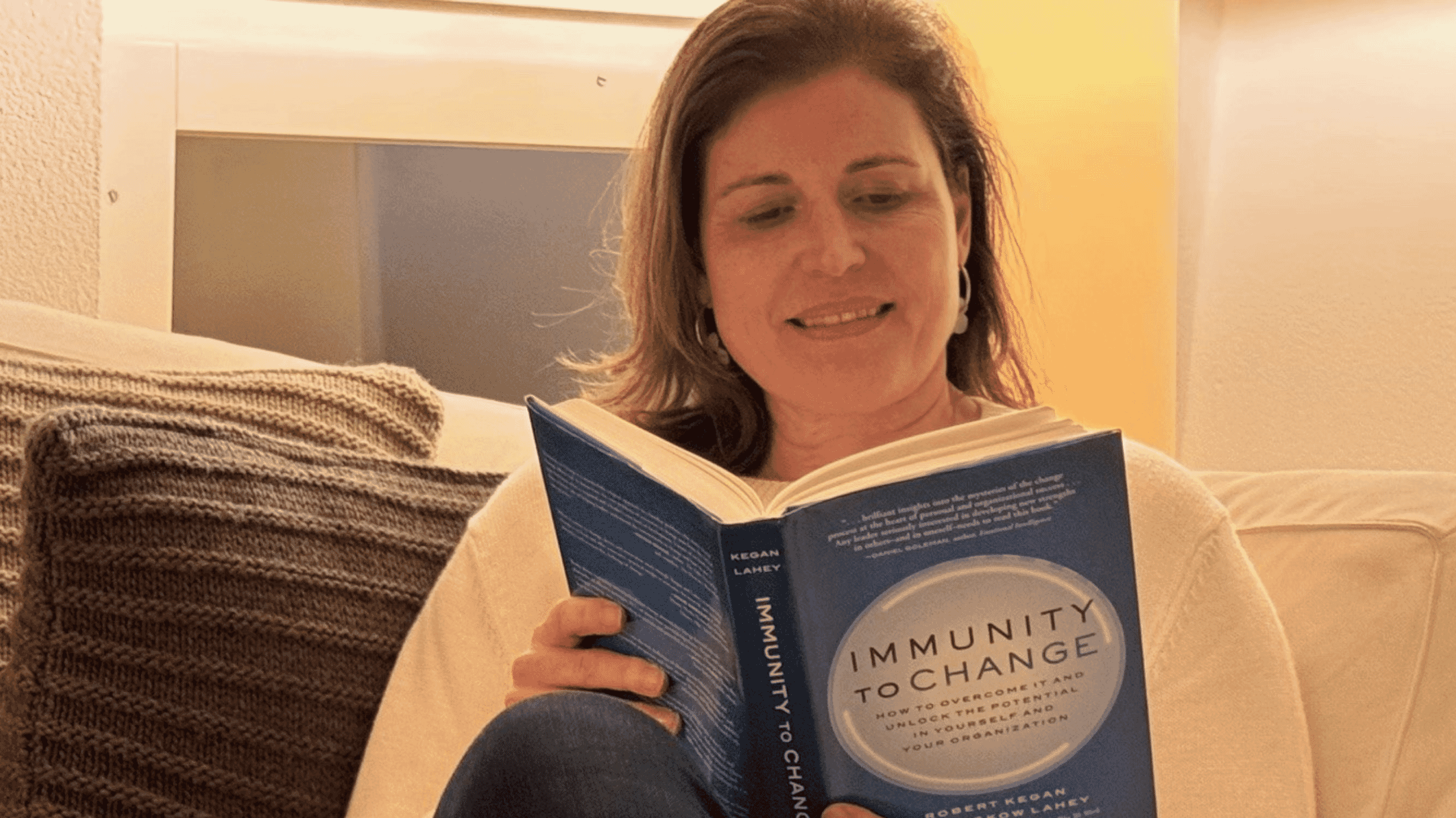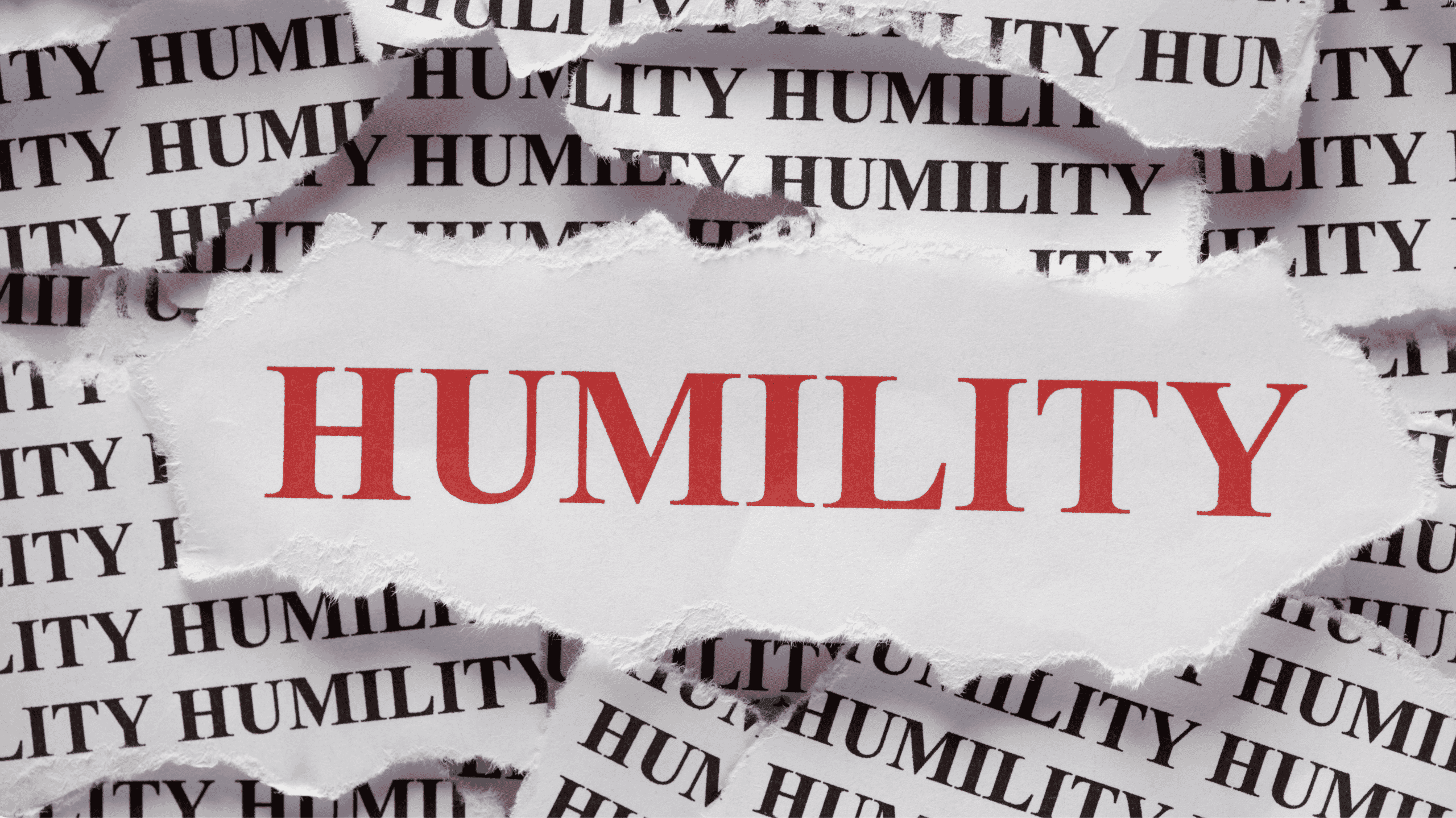Recruitment Biases – Interview With Julia
Julia Pelé, Senior Consultant at Michael Page in Geneva, tell us more about her perspective on recruitment biases.
Date: 20. November 2024
Categories: PGmeet, Diversity

Julia Pelé, Senior Consultant at Michael Page in Geneva, tell us more about her perspective on recruitment biases.
Could you tell us about your background and your role as a recruiter in a few words?
My name is Julia, and I was born in Geneva, Switzerland. I completed a Bachelor’s degree in Work Psychology at the University of Geneva, with a partial exchange in Madrid, followed by a Master’s in Work and Organizational Psychology at the University of Neuchâtel. My goal has always been to combine a dynamic, human-centered dimension with the corporate world. During my Master’s, I had the opportunity to intern at a recruitment agency, which later hired me on a permanent contract. I stayed there for a year and a half, which allowed me to discover the recruiting profession. Later, Michael Page contacted me with an opportunity at their larger, well-known agency. I saw it as a great chance for learning and growth, so I accepted. Since 2023, I’ve been with Michael Page in the administrative and HR positions division. I recruit for administrative and HR roles at all levels of seniority, across the private and public sectors, banking, trading, real estate, and even architecture firms. Each sector has specific requirements, and it’s exciting to find the right fit for each environment. In our division, there are two of us: I handle permanent placements, while my colleague focuses on temporary contracts.
What are the main steps of the recruitment process in your company?
In my work, it’s not enough to wait for clients to reach out to us. We also need to actively approach companies, as it’s essential to stand out from other agencies. Building and maintaining a client portfolio is a crucial part of our job. Specifically, as soon as a client has a need, I contact them to discuss the position, and if possible, I meet with them in person (for coffee or lunch, for example). This helps me better understand their expectations. Then, I write a job description and post it to attract candidates. Within 24 to 48 hours, I often receive up to 500 applications, which I filter to select the most suitable profiles. From there, I meet with the shortlisted candidates and, based on defined criteria (salary, notice period, location, language skills, experience, and soft skills), I present the client with a shortlist of 4 to 5 candidates. I also coordinate the interviews with the client and prepare the candidates in advance to ensure they’re well-prepared. We view our candidates as “treasures” and strive to make the interview process as smooth as possible for them. My role, therefore, is to act as the link between the client and the candidate.
What does the term “bias” mean to you in a hiring interview?
Bias can affect everyone, whether it’s the candidate or the consultant. For example, a candidate might try to adapt to the recruiter’s expectations to appear perfect for the job. On the recruiter’s side, we might convince ourselves that a candidate is ideal, even if we have reservations. This has happened to me before—I wanted so much for a profile to be “the one” that I overlooked some red flags, and it had consequences later. An example of bias is the similarity bias, where we tend to favor a candidate with whom we share interests or personality traits, which can cloud our judgment as we move away from the strictly professional requirements of the position.
In an interview, do you rely more on intuition or a structured approach?
It largely depends on the sector we’re recruiting for. For example, in fields like construction or IT, technical skills are paramount, so the evaluation is more standardized. In my field, however, soft skills are often more decisive. This requires a balance between structure and intuition: on one hand, I need to rigorously assess technical skills, but I also rely on my intuition to determine if the person is a good cultural fit for the company. I ask questions like “How would you describe yourself?”, “What are you like in everyday life?”, or even “Where were you born?” and “Do you have a family?” always tactfully to respect their privacy. My goal is to understand who the person is beyond their professional background.
Can you share an example where you identified a potential bias during an interview? How did you handle it?
Two months after I joined Michael Page, I had a position to fill in a trading company, which is a very dynamic and demanding sector. I met a qualified candidate who clearly told me she was looking for a less stressful environment. However, due to a lack of suitable profiles, I decided to present her, thinking she might adapt. She lasted only three weeks. This failure made me realize that I had biased my judgment by trying to “convince myself” she was suitable, a selection bias due to a lack of candidates. I then had to find a replacement for that position and took that failure as a learning experience.
When screening resumes, have you considered hiding names or photos to avoid bias?
The idea is interesting, but in reality, we often lack the time to anonymize applications. Additionally, biases can emerge as early as the client’s criteria definition. For example, some clients might express preferences such as wanting a female candidate who lives in Switzerland, specifically in Geneva, and without children. In these cases, I strike a certain balance: I meet with all potentially interesting candidates, even if some details don’t exactly match the criteria. Sometimes, I’ll present a candidate who doesn’t fully meet these expectations if their profile is truly outstanding.
Have you ever observed gender bias during interviews?
Yes, I’ve noticed that women, when describing themselves, more often highlight qualities like empathy, people orientation, and gentleness. Men, on the other hand, tend to mention technical skills like responsiveness, speed, and solution-oriented thinking, and they rarely emphasize personal qualities. For senior roles, like HRBP, I also see that a 50-year-old woman with a strong track record is more likely to emphasize her technical skills.
How does your company use standardized tests in recruitment?
We have a testing platform set up this year, mainly used at the client’s request (in about 30% of cases for me). Most of the time, these are personality tests, but we also have access to technical tests. The results are sent as a PDF report to the client and sometimes to the candidate if they’d like feedback. Tests can be an asset or a hindrance, depending on how the client interprets the results. It’s essential to use a relevant test but not rely on it solely to make decisions.
If you could create an ideal AI recruiter, what values and skills would you instill in it?
I would emphasize active listening. Often, we tend to project our own expectations onto the candidate’s answers, whereas it’s essential to truly listen. I also think patience and empathy are ideal qualities, as they’re important for understanding the candidate’s personality in all its complexity.
Is the subject of bias in recruitment sufficiently addressed at Michael Page? What could be improved?
I think for a beginner recruiter, training on biases could be useful, although Michael Page doesn’t currently offer this. However, too much awareness could also limit our spontaneity. In my view, it’s through experience that we become truly aware of biases and learn to manage them. For example, I had a candidate who claimed to be open to any type of position, whether in a small law office with five people or in an HR department of five within a bank. She didn’t understand the rejections she was receiving, so I explained that she seemed to be trying to “fit” into each role without expressing a real preference. This helped her clarify her goals and better focus her job search.



